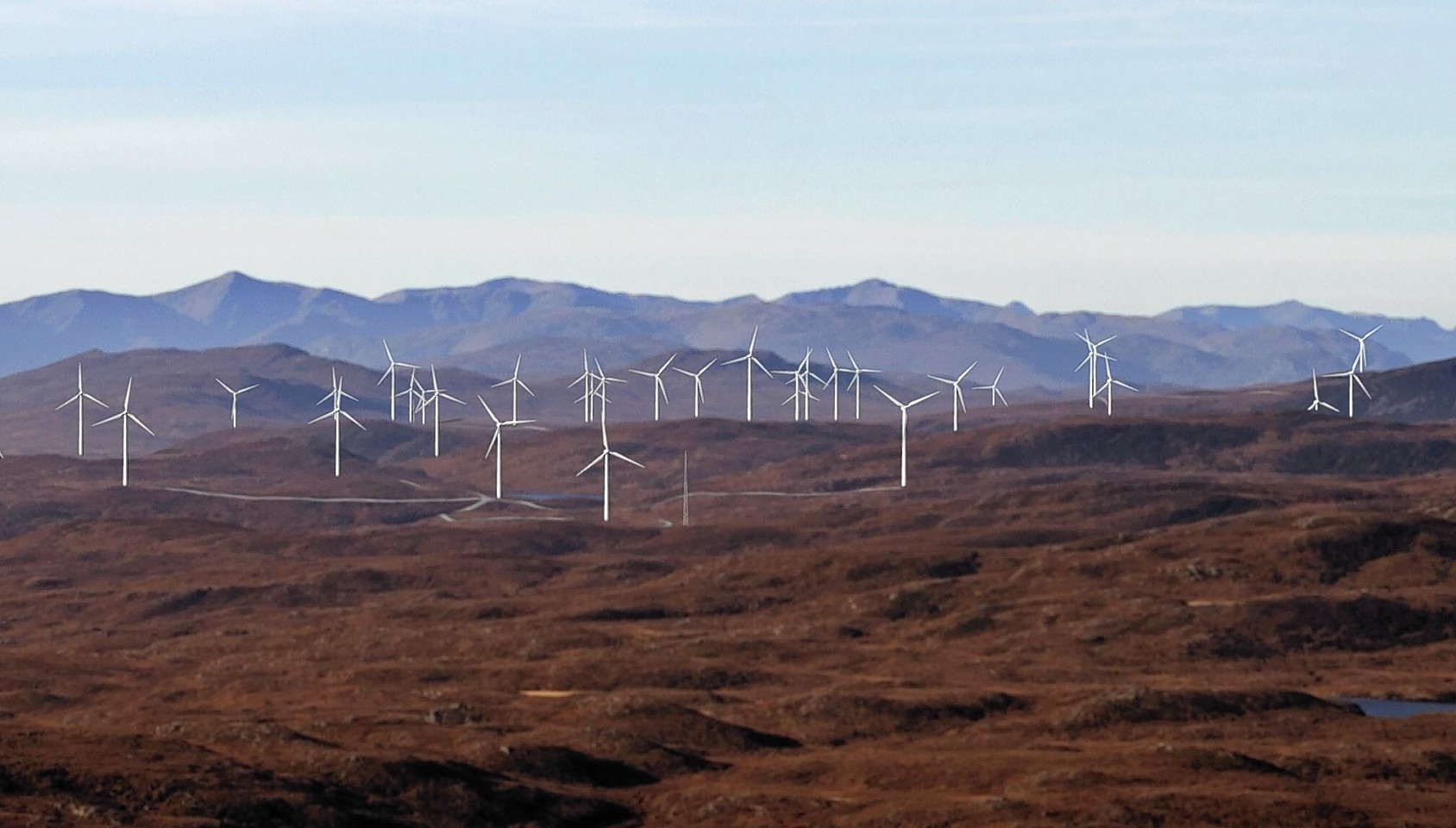The majority of Scottish adults want to see the next UK Government continue to develop renewable energy, according to new research.
The poll of more than 1,000 people found that 79% agreed with the continued development of green energy compared to 26% backing for fracking, 45% support for nuclear power and 49% in favour of building or extending new gas and coal-fired power station.
Almost two-thirds (63%) of respondents agreed the next UK Government should continue to take forward policies that tackle green house gases and climate change.
Scottish Renewables policy director Jenny Hogan said: “These poll results illustrate the strength of support for renewables among Scotland’s electorate. It is the only energy option that a majority of potential Scots voters say they would support.
“I believe this survey reflects the fact that most people in Scotland accept we must continue to change the way we power and heat our homes and businesses in order to tackle climate change.”
The YouGov poll was the second in just under a fortnight that ha come under fire from anti-wind campaigners for not asking the relevant questions and skirting the problems.
Linda Holt of Scotland Against Spin said: “It’s meaningless because it sidesteps all the issues which divide parties and people.
“The question asked is hopelessly general and vague. It doesn’t specify the type of renewable energy, the cost of development or its role in the energy mix.
“Why doesn’t Scottish Renewables ask Scots if they want more industrial wind turbines on wild land or near to their communities, and if they are happy to endure increasing fuel poverty to subsidise them?”
Highland campaigner Lyndsey Ward said wind power depended on an over subsidised system that encouraged environmentally damaging, industrial scale windfarms that required huge amounts of expensive grid upgrades and infrastructure.
“If the money that was being shovelled the wind industry, for example, went towards helping people reduce energy consumption, insulate their homes, install hot water solar panels and, therefore, lower their own energy bills, that would be a far more acceptable way to spend the money and probably do more to reduce emissions than all the thousands of turbines Scotland is being blighted with,” she said.
